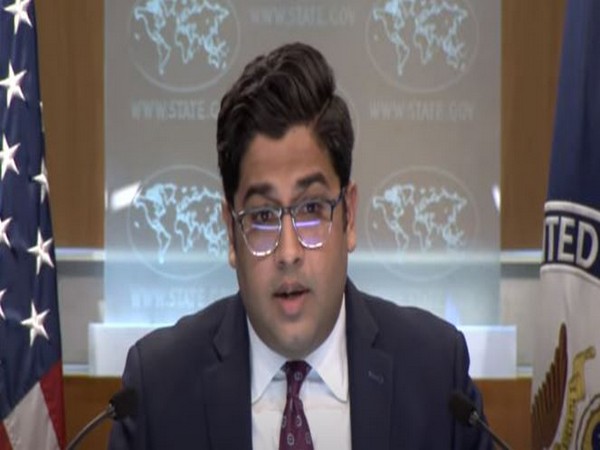
Kabul : The US State Department deputy spokesman Vedant Patel has said restrictions on women would delay Kabul's international relations, Khaama Press reported.
Patel said, "We have seen this now time and time again - denying them education, denying them the ability to work, denying them the ability to participate in the provision of humanitarian assistance that benefits all Afghans." The Taliban has, however, asserted that women's rights are completely protected in Afghanistan and has urged other countries to refrain from meddling in its domestic affairs.
However, since the Taliban-led government took control of power in Afghanistan, the group has intensified its repression of women's rights and freedom.
National and international organisations have slammed the Taliban suppression policy. They have asserted that it will promote poverty, unemployment, and extremism, harbouring terrorists and threatening global peace and security.
Matiullah Wesa, girls' education advocate and founder of Pen Path was, recently, arrested by the Taliban.
In the past ten years, Wesa, an advocate for human rights and education, started an education program for thousands of girls living in rural Afghanistan, according to Khaama Press.
The UN Mission in Afghanistan expressed concern about the arrest of Wesa and called on the Taliban to clarify the reason for his arrest and secure all his legal rights.
Wesa's arrest came amid the start of the new school year in Afghanistan, where the Taliban authorities have not allowed girls beyond grade sixth for the third consecutive year.
Meanwile, the United Nations Higher Commissioner for Refugees (UNHCR) has said Afghan women-run businesses are on the verge of collapse due to deepening restrictions by the Taliban, Afghanistan-based Khaama Press reported.
UNHCR in a report highlighted that a considerable number of women's business centres have lost their clients and ceased operations throughout the country.
According to International Labor Organisation (ILO) report, following the return of the Taliban to power in August 2021, the number of women-run businesses has declined by a quarter.
Due to the Taliban's deepening restriction on women's employment, Afghanistan's national Gross Domestic Product (GDP) has in the past two years declined between 30-35 per cent, according to an ILO report.
UNHCR spokesperson Caroline Gluck went to a women's business centre in western Herat province, said the business centre once bustling with people has now turned into a silent shop with few clients to buy handicrafts.
Sahra, who runs a clothing store, said, "There were many students coming and going here, and they would come by the stores; they spread the word about the shops here and help us market the place. Now, my income has reduced a lot, I would say by about 50 per cent."